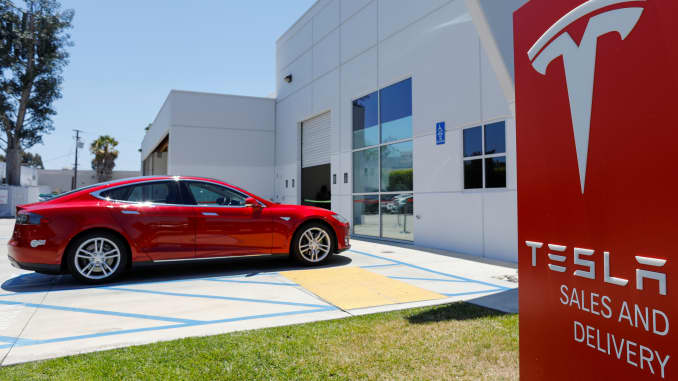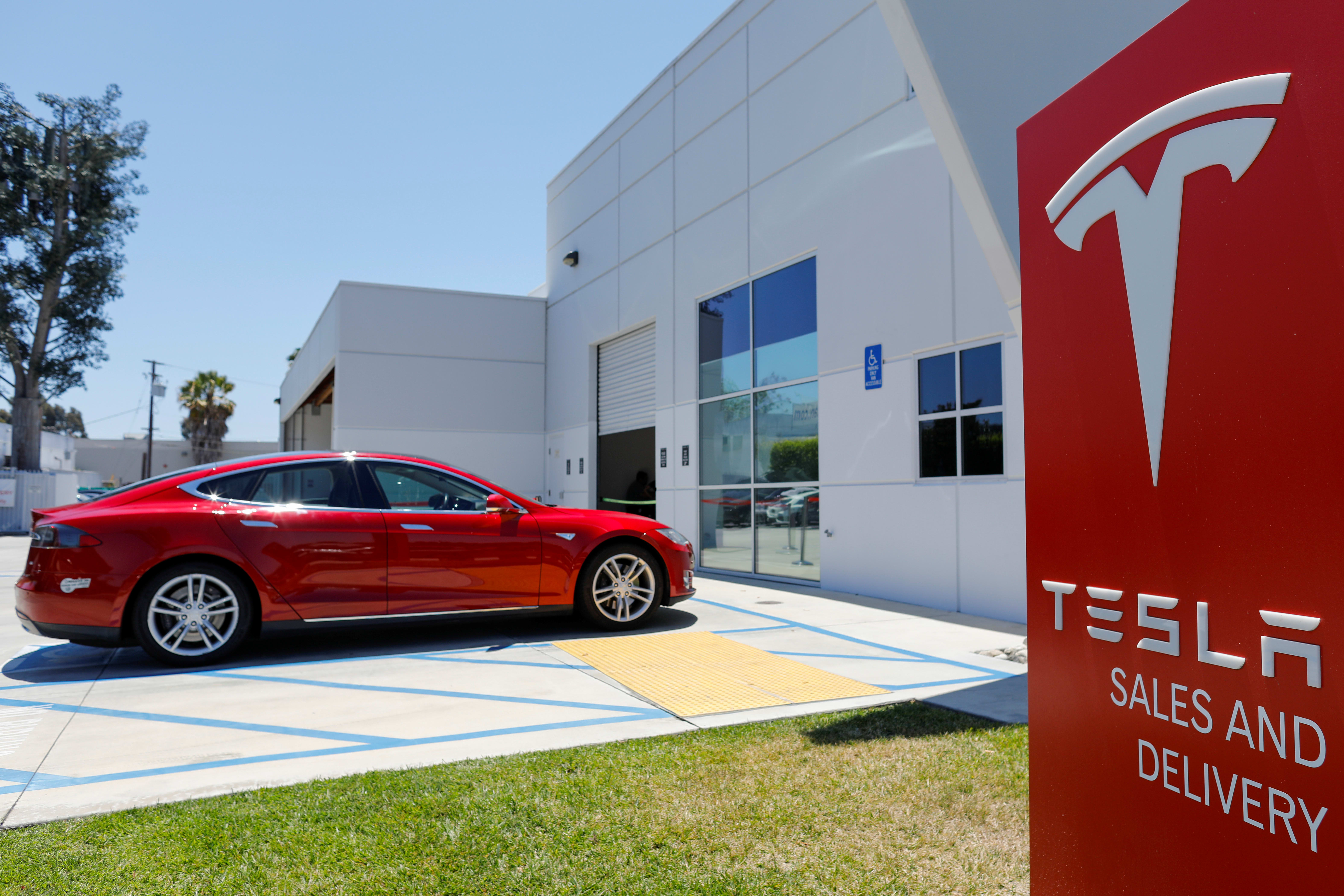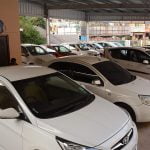
While Tesla’s overall sales dropped 39% in the U.S. during the third quarter, the company is seeing robust growth on “services and other” revenue, which includes sales of used cars.
Revenue in that category jumped 68% to $548 million from $326 a year earlier, according to Tesla’s latest financial filing. Over the first nine months of 2019, it grew 91% to $1.65 billion.
Even with the increase, services and other revenue accounted for less than 9% of total sales in the latest quarter at a company that topped $5 billion in sales for each of the last two quarters. So Tesla’s used car business can’t compensate for declines in vehicle revenue caused, in part, by the lower average sale prices for its vehicles. Tesla used to sell more of its higher-priced Model S and X cars but has been focused more recently on its less expensive Model 3s.
Among his many unproven selling points, CEO Elon Musk has bragged to customers and prospective buyers that Teslas, unlike other makes and models, will appreciate in value as they age, thanks to “full self-driving” hardware and software updates that he has promised to deliver by the end of next year. In July, he tweeted that these self-driving Teslas should be worth $100,000 to $200,000.
Musk’s logic is that a Tesla would increase in value as it ages because of these rolling enhancements, and the ability for the self-driving car to operate as a robotaxi, generating income for its owner on a ridesharing network.
Some of Tesla’s $222 million in added services and other revenue in the third quarter came from fixing customers’ cars. According to the filing, “there were increases in non-warranty maintenance services revenue as our fleet continues to grow.” Tesla doesn’t break down its service business any further, and the company didn’t respond to requests for additional information.
Service is where most traditional car dealerships tap into profits. According to research by the National Automobile Dealers Association (NADA), service and parts account for more than one-third of U.S. gross profit at franchised auto dealerships, even though they typically only comprise about 12% of sales.
Besides service and used car sales, Tesla lumps “retail merchandise, and sales by our acquired subsidiaries to third party customers,” into its services and other group. For example, sales at Hibar Systems, a maker of high-speed battery manufacturing equipment that Tesla acquired last year, would be included.
As for merchandise, Tesla doesn’t say much about its success. But Musk is a strong marketer — he sold $1 million worth of limited edition baseball caps and $10 million worth of its “Not a flamethrower” torches to help fund his tunneling venture, The Boring Co.
On Tesla’s own website as well as on Amazon, and at some employee-only events, the electric vehicle maker sells everything from baseball caps and diecast models of its vehicles, to higher priced car accessories like a mobile connector that allows Tesla drivers to charge up using a typical household outlet.
[“source=cnbc”]





